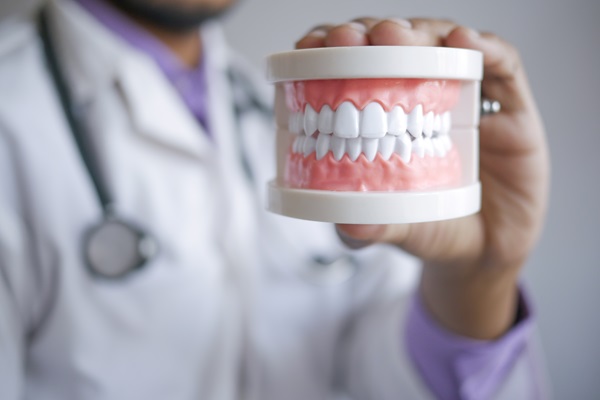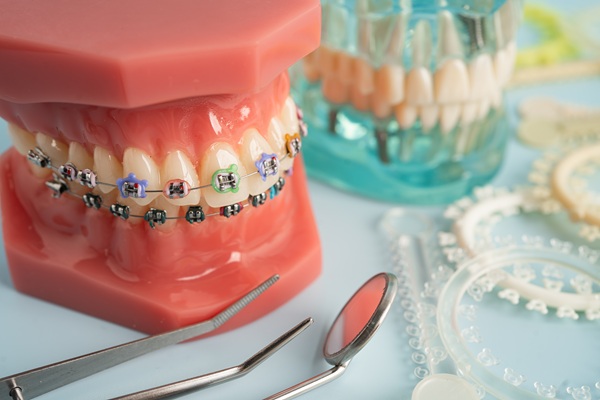In Australia, it is estimated that 1 out of 10 people smoke — making it quite a common pastime in the country. Now, aside from the cost, health, and lifestyle implications it has for its users, smoking cigarettes can also present a significant challenge for your teeth: causing them to yellow permanently over time.
Tobacco and nicotine are some of the most stubborn stains that cling to your teeth, making them hard to remove just by regular brushing. With this, we believe that smokers should not have to suffer permanent teeth yellow. That’s why we have outlined different solutions in this blog for smokers to regain their bright white smiles without having to spend a fortune.
Let’s dive into some of the most effective teeth-whitening tips for smokers.
The Effects of Smoking on Your Teeth
Smoking harms your oral health in several ways, but one of the most noticeable effects is tooth staining.
The nicotine and tar in cigarettes and other tobacco products cause yellow and brown spots on your teeth. Over time, these stains can get into the enamel, making them hard to clean with regular brushing.
Besides staining, smoking also leads to more plaque and tartar buildup, which can cause dental problems like gum disease and bad breath. The longer you smoke, the more obvious the stains get, often making smokers feel embarrassed about their smile — luckily, there are some permanent solutions for this particular problem that smokers face.
Why Whitening Teeth Is More Challenging for Smokers
Teeth whitening is often harder for smokers than non-smokers for a few reasons. And recognising these difficulties is the first step in finding the right solutions.
Strong Stains from Nicotine and Tar
The main problem smokers face with teeth whitening is the deep stains from nicotine and tar.
These substances not only cover and cling to the teeth but also soak into the enamel, making the discolouration harder to remove with regular whitening products. Over-the-counter toothpaste and kits can be used, but they may not be powerful enough to get rid of these deep stains, so smokers often turn to professional treatments for better results.
Increased Plaque and Tartar Build-Up
Smoking speeds up the buildup of plaque and tartar on your teeth, which can make whitening treatments less effective.
This sticky layer from plaque and tar traps stains on your teeth, making it harder for whitening products to reach the enamel. Smokers usually need a deep cleaning from a dentist before whitening treatments can work properly.
Dry Mouth and Reduced Saliva Production
Frequent smoking can lead to getting dry mouth because of lowered saliva production, which is important for keeping your mouth healthy.
Saliva helps clear away food particles and neutralise acids that cause stains and decay. With less saliva, smokers are more likely to experience staining and tooth decay, making the whitening process even harder.
Solutions for Teeth Whitening for Smokers
Despite the challenges faced by smokers, there are still a wide array of dental solutions available for those who are looking to whiten their teeth. The key is to choose the right approach and combine it with proper oral care habits to maintain the results.
1. Professional Teeth Whitening
For smokers, professional teeth whitening is usually the best option.
Dentists provide in-office treatments with stronger whitening agents than what you can buy in stores. These treatments can remove deep nicotine and tar stains, giving noticeable results in just one session.
During a professional teeth whitening session, your dentist will apply a bleaching gel to your teeth and may use special lights or lasers to activate the whitening agents. These products are strong enough to get into the enamel and break up stubborn stains, making your teeth several shades lighter.
2. At-Home Whitening Kits from Your Dentist
If you prefer to whiten your teeth at home, your dentist can provide custom-made at-home whitening kits.
These kits use stronger bleaching agents than store-bought options and include custom-fitted trays designed to distribute the whitening gel evenly across your teeth.
At-home whitening kits can be particularly beneficial for smokers because they allow for more control over the whitening process. You can use the trays for several days or weeks, depending on the level of staining, and monitor your progress to ensure optimal results.
3. Whitening Toothpaste and Mouthwash
Although not as effective as professional treatments, whitening toothpaste and mouthwash can help smokers maintain their whitening results.
These products have mild abrasives and whitening agents that can remove surface stains and prevent new ones. However, they might not be sufficient to tackle deep nicotine stains on their own, so it’s best to use them alongside professional whitening treatments.
Teeth whitening for smokers comes with its own set of challenges, but it’s not impossible to achieve a brighter smile. Professional whitening treatments, at-home kits from your dentist, and a solid oral care routine can help remove stubborn stains caused by smoking and maintain your results for the long term.
Need an Expert in Oral Care?
While quitting smoking is the best way to prevent further discolouration of your teeth, small changes, like cutting back and maintaining good oral hygiene, can also make a significant contribution to your teeth whitening efforts. Talk to your dentist about the best whitening options for you, and start working towards a healthier, more confident smile today.
Luckily, Bellevue Hill Dental has teeth whitening services for both in-house and take-home options. These choices can help cater to your specific needs or preferences without having to go through an extraneous process.
Book a consultation with our dentists today or call our line at (02) 9158 1530. See how our solutions can give you that brighter and whiter smile you deserve!



